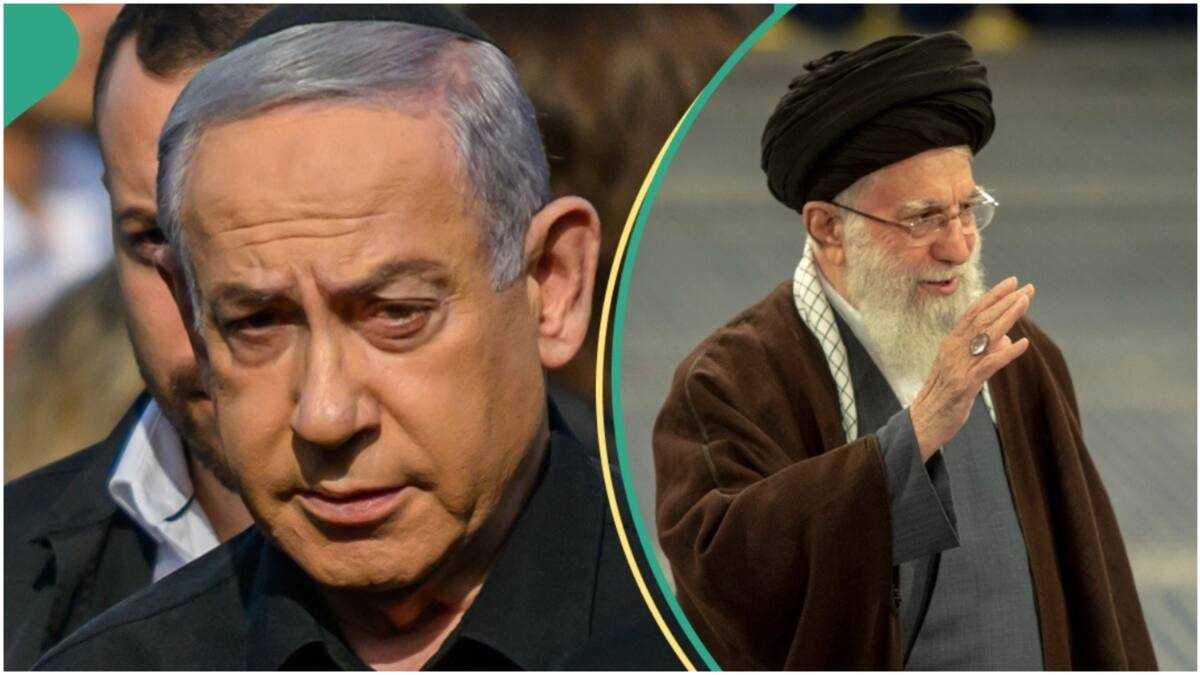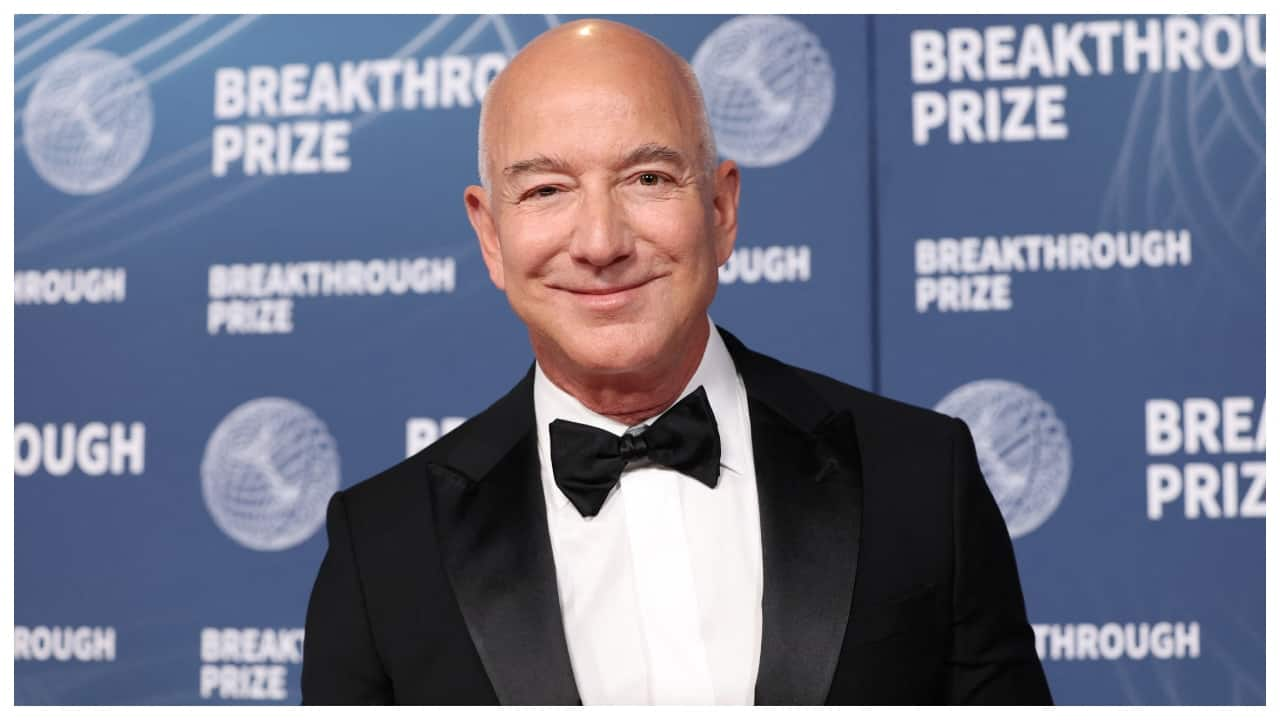Former Colombian Minister calls for system change ahead of COP30 in the Amazon - MyJoyOnline
Isabel Rubio (activist) and Ramon (activist) monitoring pollution of runoff water near the Mar Menor, Spain @UNEP/2025/Todd Brown
Former Minister of Environment and Sustainable Development of Colombia, Susana Muhamad, says it is contradictory to protect the Amazon rainforest while also using it for fossil fuel production. She believes real climate progress requires a complete shift in the global economic and power systems.
“It is a total contradiction to have one of the key biomes in the world that sustains life right now, and at the same time, make it a production site for fossil fuels. What is required is a whole system change and that means going into the heart of the economic system and power structure,” said Susana.
She welcomed the decision to host COP30 in the Amazon, describing it as an important moment to reflect on the deep connection between ancient cultures, nature, and the climate. But she also warned that the COP process is not doing enough.
“For the first time, we are going to be having COP30 in the Amazon which is the perfect juncture that speaks about the relationship between ancient cultures, nature, and climate. What I see from the COP process is that we talk about shifting away from fossil fuels but that is nowhere near enough what is required.”
Susana made these remarks during the Global Women’s Assembly for Climate Justice: Path to COP30 and Beyond, hosted virtually by the Women’s Earth and Climate Action Network (WECAN). The event gathered leading women voices to discuss climate action amid rising political inaction.
The Assembly comes after a year that saw global average temperatures exceed the critical 1.5°C threshold for the first time — a level scientists say must not be crossed to avoid severe climate impacts.
The panel, titled Global Voices for Climate Justice in a Time of Uncertainty, featured global climate leaders including former President of Ireland, Mary Robinson, UK climate envoy, Rachel Kyte, former head of the UN climate secretariat, Christiana Figueres, and German lead for Action for Climate Empowerment at UN Climate Change, Fleur Newman.
Former President of Ireland and Co-Founder of Project Dandelion, Mary Robinson, said climate justice must be at the heart of efforts to tackle the global climate and nature crisis. She emphasized the importance of hope and unity among women leaders.
“And women leaders together bring that hope, because hope is action, and that’s what we are about.”
Former Executive Secretary of the UN Framework Convention on Climate Change, Rachel Kyte, said the world must accept two realities at once.
“First of all, we are making progress. The second truth is that we are not making progress fast enough, for enough of us. So we are at a point where we can see that a renewable energy revolution is underway.”
She noted that while investment in renewable energy is growing rapidly, funding for fossil fuels continues.
“This does not mean that the analysis of what is going on in the energy revolution is wrong. It does not mean we should pull back. It does not mean that suddenly coal is going to be the solution again. It means that we should double down on what is working.”
Program Director for the COP30 Presidency Team in Brazil,
Alice de Moraes Amorim Vogas, warned that few countries have submitted their updated Nationally Determined Contributions (NDCs), even though the deadline has passed.
“We need to act fast and we need to be bold, way beyond the COP process because, at the end of the day, we are talking about deeper structural decisions to change our present and future.”
Fleur Newman, who leads the Action Empowerment Unit (ACE, Gender and Youth) at UNFCCC Germany, explained that climate change is not just an environmental problem—it is social and economic at its core.
“We have an economic system that is built on the myth that we can simply ignore the source of all our wealth. One of my mantras at the moment is that we need to change the minds of decision makers or we need to change the decision makers, and that we can through public engagement and empowerment.”
Coordinator of the Indigenous Women and Peoples Association of Chad and Co-chair of the International Indigenous Peoples Forum on Climate Change, Hindou Oumarou Ibrahim, said women must be recognized as real and active leaders in climate justice.
“If the world can get together, they can come to those spaces and tell them ‘women are active for real.’”
Speaking about the road to COP30 in Brazil, she said no government or politician can stop the work they are doing for justice.
“We have to go to Brazil and tell them that we need you to act on your NDCs and make them more ambitious and to cut emissions to let our communities live and let our people live in harmony with nature.”
Former Executive Secretary of the UN Framework Convention on Climate Change (2010–2016) and Founding Partner of Global Optimism, Christiana Figueres, shared a message of hope.
“We begin to understand that all the brokenness that we see out there in the world is very painful and at the same time, if we choose to, it can let in the light. We can see the opportunity in everything that we feel is a defeat. We can face defeats, but we cannot be defeated.”
The Views, Comments, Opinions, Contributions and Statements made by Readers and Contributors on this platform do not necessarily represent the views or policy of Multimedia Group Limited.
The Views, Comments, Opinions, Contributions and Statements made by Readers and Contributors on this platform do not necessarily represent the views or policy of Multimedia Group Limited.












